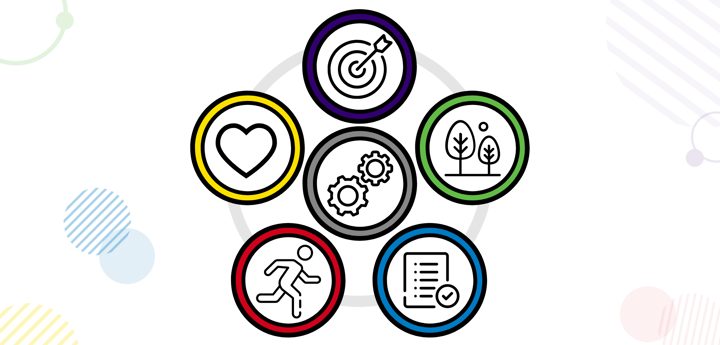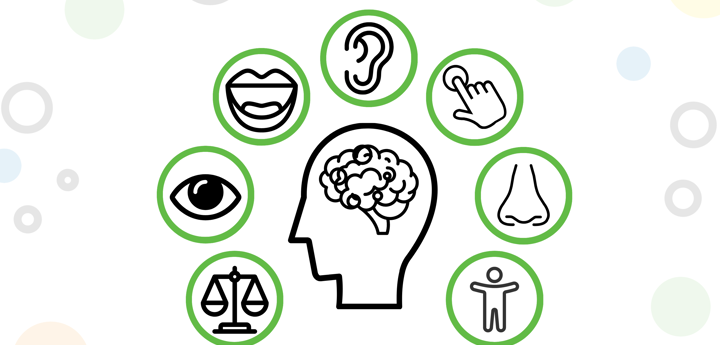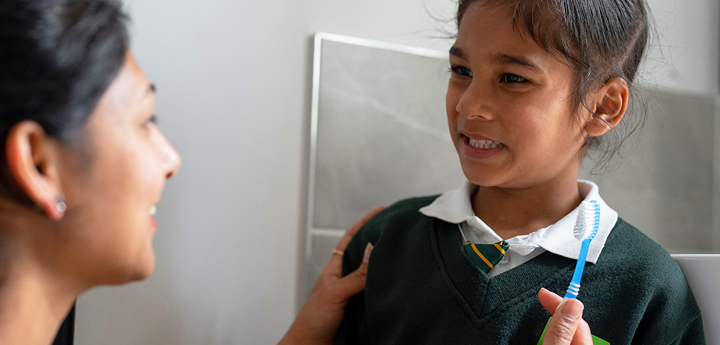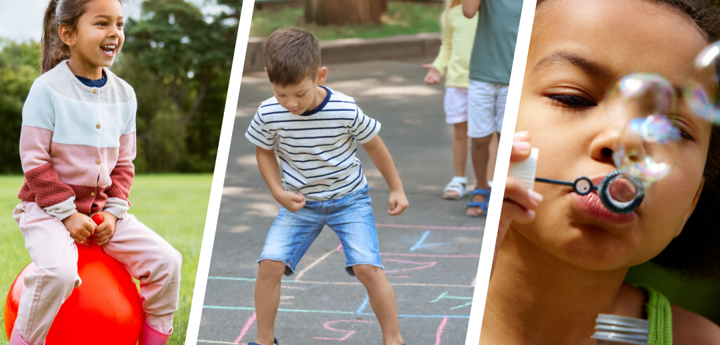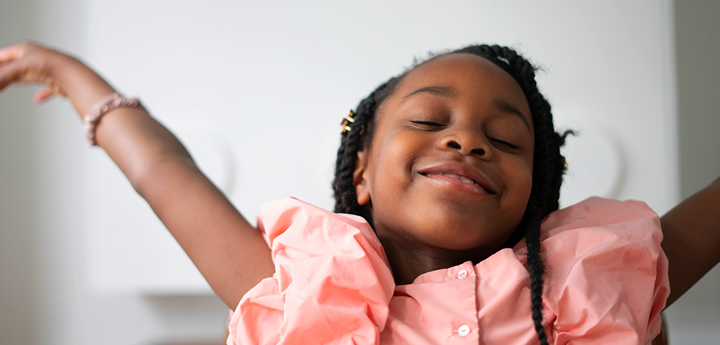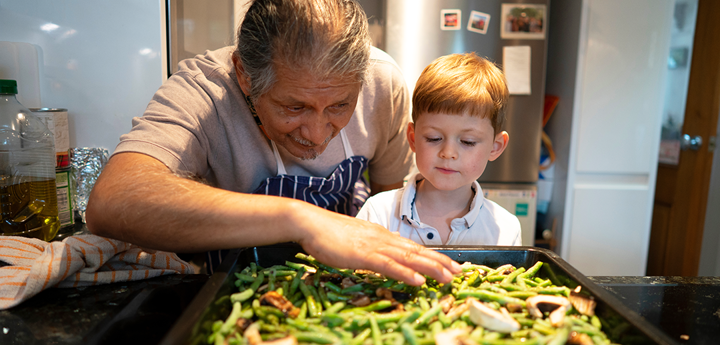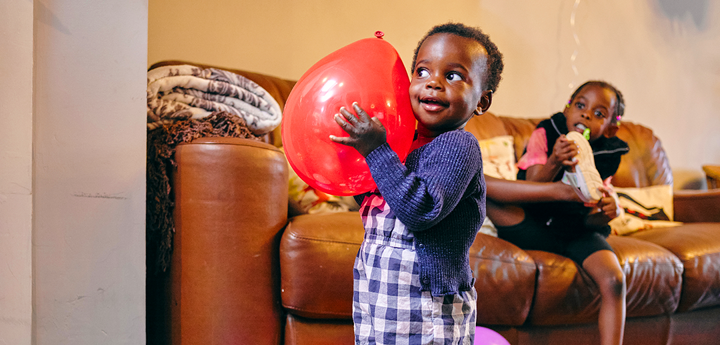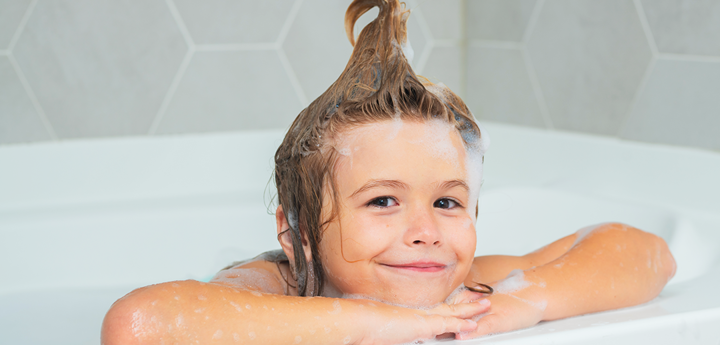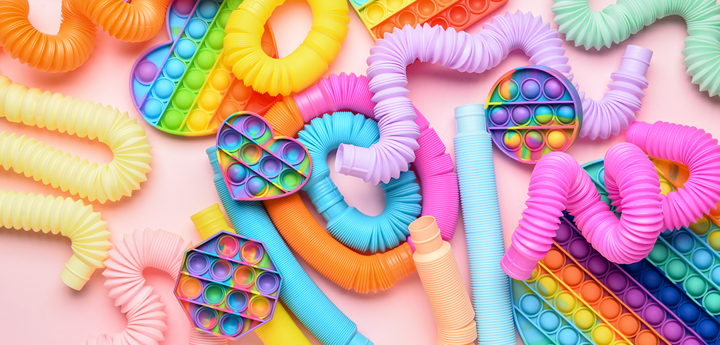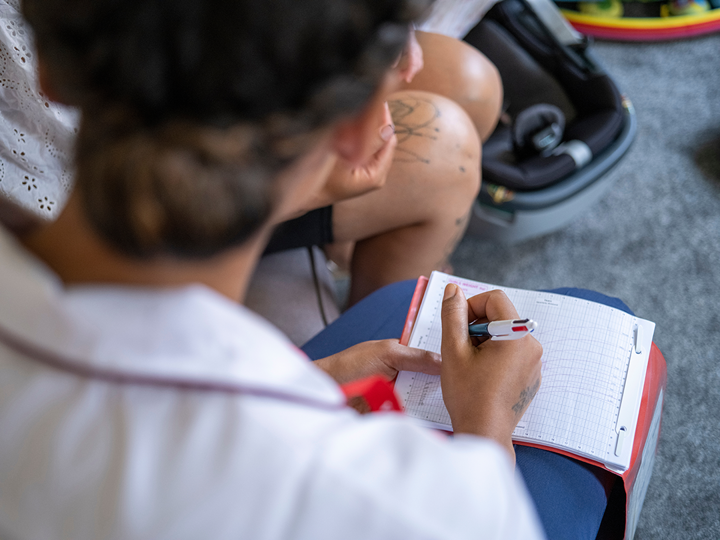Toilet training strategies for sensitive children
- 1-5 Years
- 5-11 Years
- SEND
- Peeing, pooing and toileting
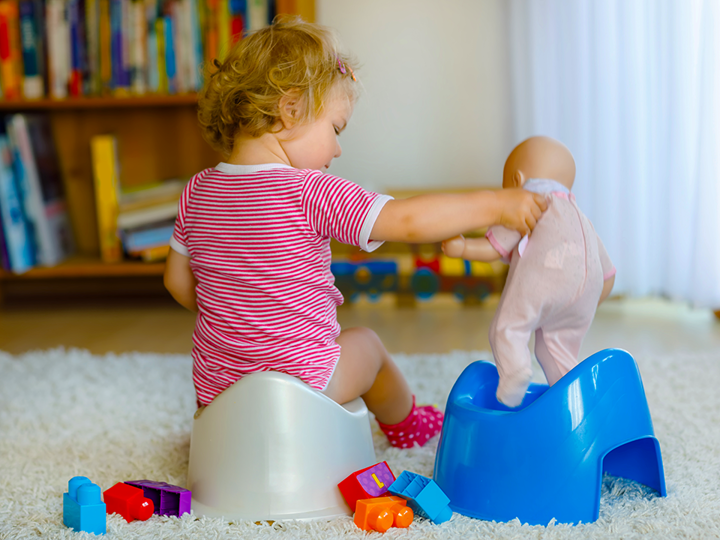
Toileting and toilet training can be really challenging for children. There are lots of ways that toileting can be difficult such as:
- knowing when they need to pee or poo
- planning to go to a toilet and knowing what to do
- sensory challenges like bright fluorescent lights, changes in sounds and the loud flushing of the toilet
It can be hard for some children to notice when they need to go to the toilet. The sensory signals to and from the bowel and bladder to the brain can be subtle. If your child is busy playing or distracted, they may not notice when they need to go to the toilet.
Explore the topics on this page:
Introducing a new strategy
Each child and young person is unique. When considering strategies, make sure to keep your child or young person in mind. This is a trial and error process. So, when one strategies doesn't work, there may be another strategy to try instead.
When trying a new strategy, give yourself and your child or young person the best chance to succeed. Try to start a new strategy at the end of the day, a weekend or during a school break. This reduces the pressure to get the task or activity done in a short timeframe.
It is important that when you trial a new strategy you:
- Communicate with your child. You can use communication aids like social stories, picture symbols, visual schedules and sequence strips.
- Stay consistent. By sticking to a routine, your child can learn what is going to happen next. This helps reduce the stress around self-care activities.
- Keep the surroundings organised. Try to make sure things are put back in their place. This helps teach your child that this is where the item belongs. They will then be able to find the item by themselves and be more independent.
Toilet training is stressful for everyone
Trying to toilet train your child can be very stressful for you and your child. Going to the toilet is one of the few areas children have control. Children can use toileting as a way to feel a sense of control by withholding or not going when they need to.
Toilet training or potty training will be easier if you lessen the expectations and stress. Try not to enter a 'battle of wits' with your child. This will make it much more stressful for you and your child.
It's completely normal to experience 'setbacks' with teaching your child toileting. When you experience setbacks, take the pressure off the task. Try again after some time has passed.
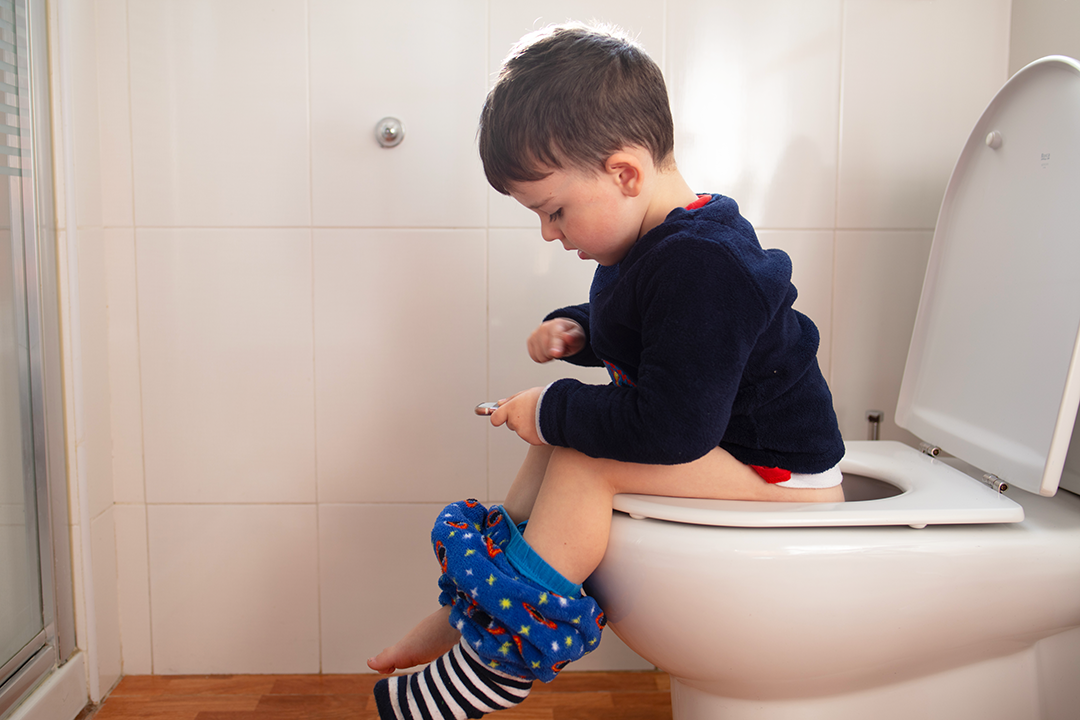
Toileting and toilet training strategies
Toilet training can be tricky for children with sensory needs. There are some ways to make it easier for you and your child.
Knowing when they are peeing or pooing
Some children seem to be unaware when they need to go to the toilet. They may also not be aware of when they are peeing or pooing. If this is the case, you can let your child be naked in your home. They will see when they pee, connect this with the feeling of peeing.
Nappies
If your child is wearing nappies you may find cloth nappies are better for your child. They help draw attention to other senses like the smell and weight of the nappy. Cloth nappies can give more information to the senses than disposable nappies.
Put a pair on pants underneath your child's nappy to help them feel the wetness. Disposable nappies are designed to 'lock' the wetness away. This makes it harder for your child to feel when it's wet.
Toileting
If your child can't tolerate sitting on the toilet, there are some change you can make:
- Use a infant toilet seat to make the hole smaller.
- Put a step or foot support under your child's feet. This can help them brace when using the toilet. It can also help them feel more stable.
- Add a handrail for your child to hold onto. This can help your child to feel more stable.
- Put a weighted vest onto your child. This can help them sit down for longer.
- Use distractions like playing their favourite song and reading a book to help them sit down for longer.
- Turn off the lights or close the blinds if the light is too bright.
- Use ear defenders or noise cancelling ear plugs if it is too noisy.
If your child is sensitive to toilet paper you can try using a wet flannel or wet wipes. If you use wet wipes, do not flush them down the toilet. Put used wet wipes a bin.
Smearing poo
Some children can enjoy the smell and feel of poo and pee. This can lead them to smearing poo. Read more about smearing poo.
Have you tried looking at our general advice?
You may want to look at our general advice pages for more information.
Last reviewed: 1 November, 2024

